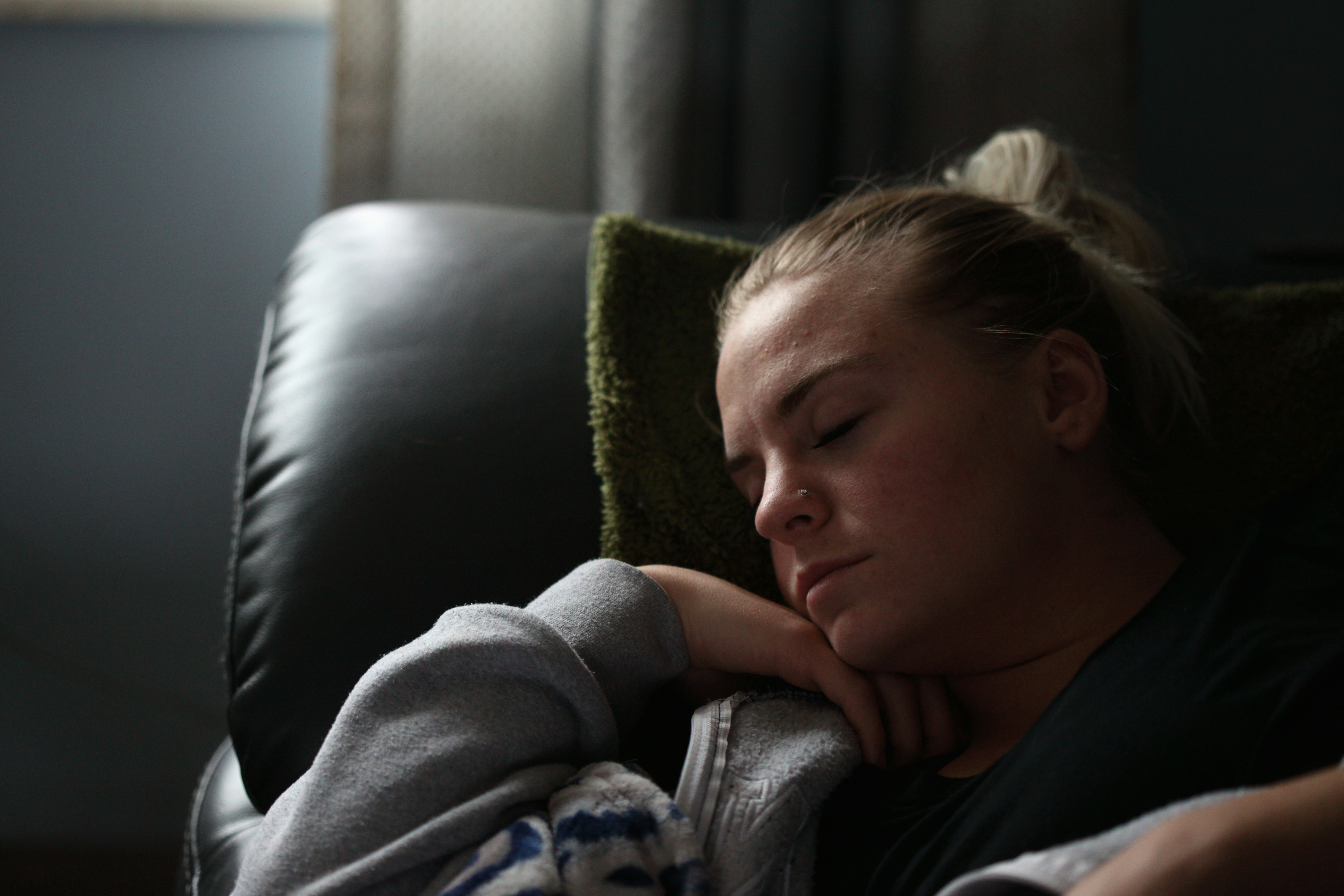Dream about condoms
by DreamofWhat

Dreaming about condoms is often seen as a powerful symbol with deep meanings. In this article, we will explore the various interpretations of dreams involving condoms, from cultural beliefs to modern psychological analysis.
Dreams about condoms can reveal insights into your subconscious, shedding light on your emotions, desires, and concerns. Understanding these dreams can provide valuable guidance in your waking life.
Read on to learn more about the symbolism of dreaming about condoms and how it may relate to your current situation.
Dream about condoms
If the condom you dream about is encapsulated, it means the possibility of sexual activity.
If you dream of an open condom, it means you feel frustrated about your sex life.
If there were no men present at the same time when you dreamed about condoms, it means that you were nostalgic for something.
Dreaming of taking contraceptive measures before sexual intercourse indicates that you are a cautious person.
Taking contraceptive measures after sexual intercourse will help you get help from friends at critical moments and turn the crisis into safety.
Dreaming of taking contraceptives is an auspicious sign, and something festive will happen at home.
Unmarried women dream that contraceptive failure leads to pregnancy, that the person they love will be a playboy, and that love will end in failure.
An unmarried man dreams that contraceptive failure leads to pregnancy, and will soon marry his other half and get married.
Dreaming that the condom is damaged during sexual intercourse is an auspicious sign. Merchants will find another path and increase their financial resources. Officials will increase their official positions.
Pregnant women dream of taking contraceptives, which is a bad omen. Something will happen to the fetus in the abdomen, and it is very likely that premature birth or miscarriage will occur.
Note: This article includes elements of superstition and is for entertainment purposes only. For any concerns regarding your dreams or mental health, it's recommended to consult a psychologist or medical professional.